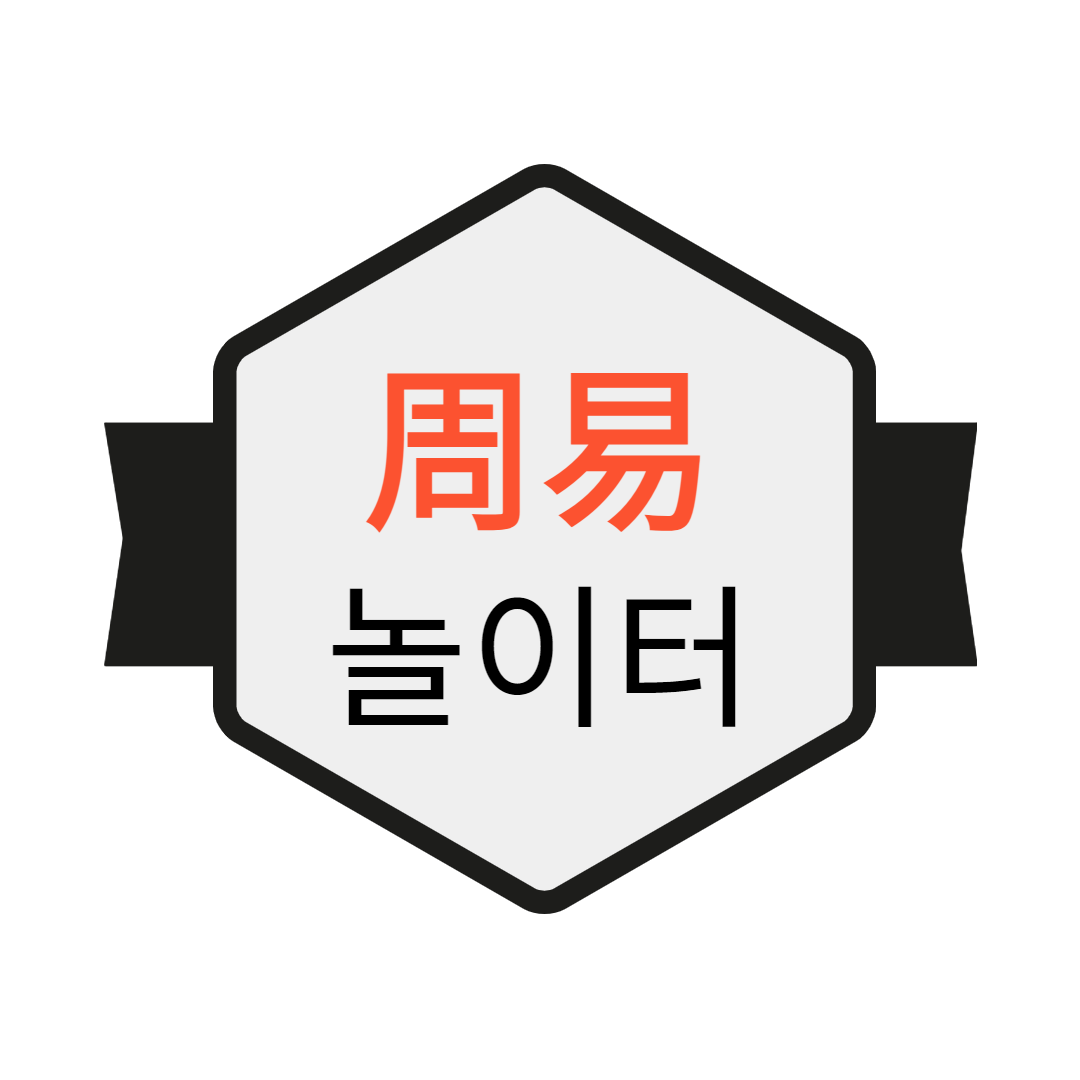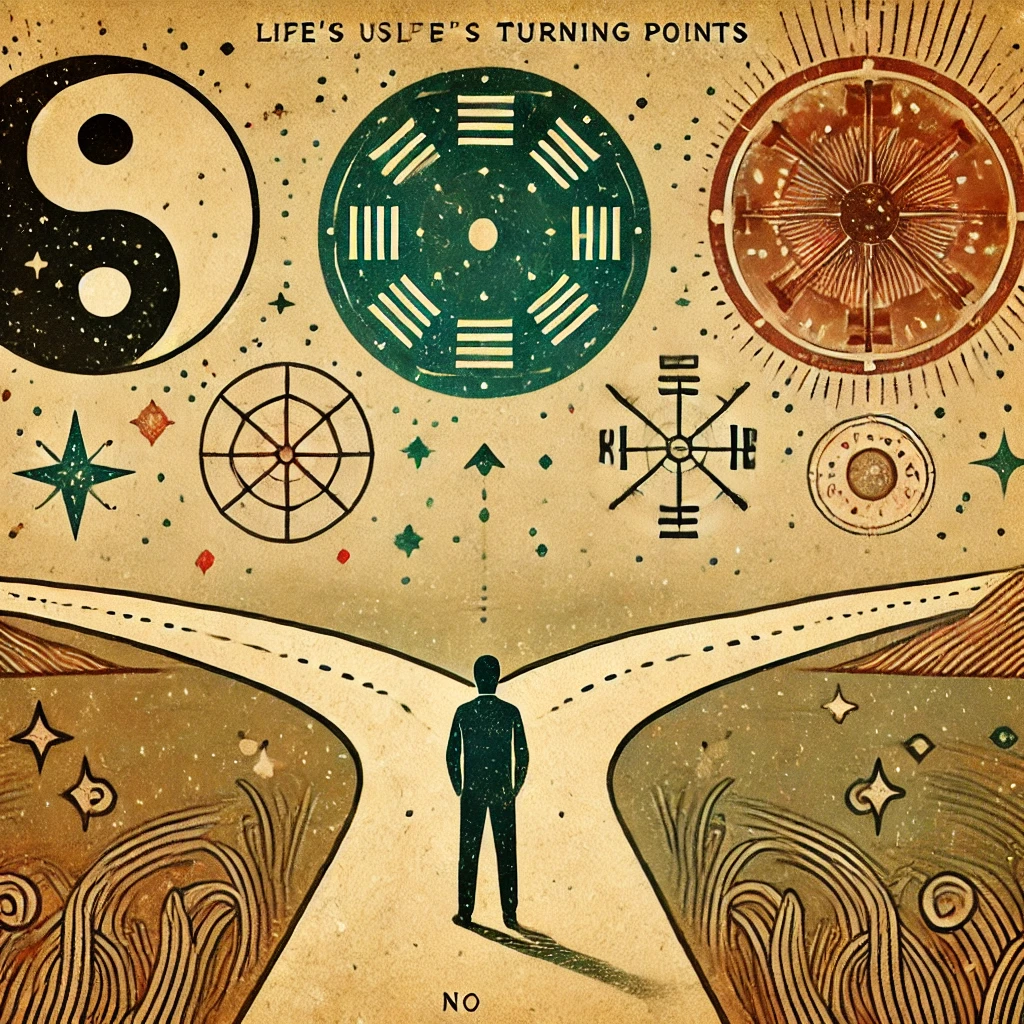
1. Why Use the I Ching at Life’s Turning Points?
Throughout life, we face numerous turning points and critical decisions. The I Ching, or Book of Changes, goes beyond fortune-telling, offering a profound way to reflect and gain insight during these pivotal moments. Rooted in ancient wisdom and Eastern philosophy, the I Ching’s 64 hexagrams capture diverse life scenarios, each providing unique guidance. This post explores how to use the I Ching to navigate life’s changes and make meaningful choices.
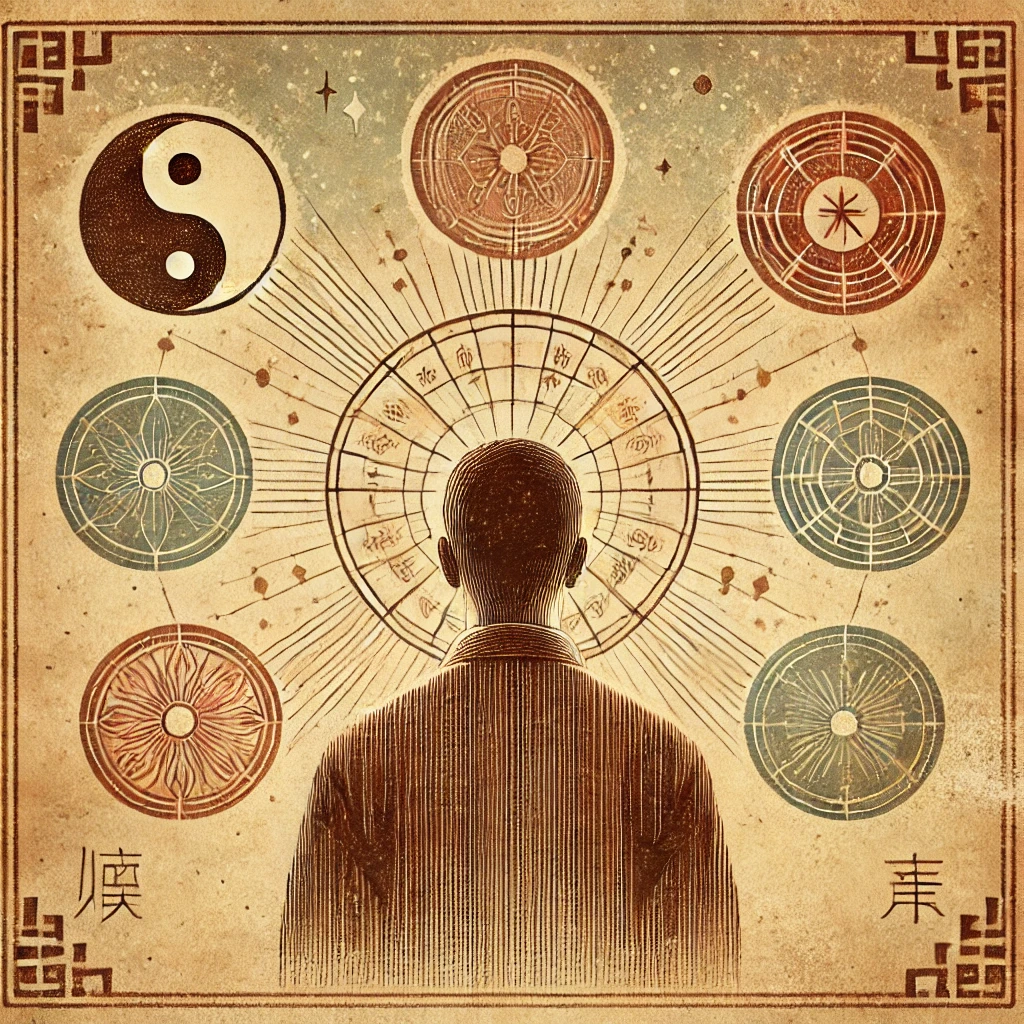
2. Setting a Meaningful Question
Before consulting the I Ching, it’s essential to set a focused and meaningful question. Questions like “How should I approach this change?” or “What impact will this choice have on my life?” encourage deep self-reflection. Align your question with your true concerns and goals, which lays the groundwork for valuable insights.
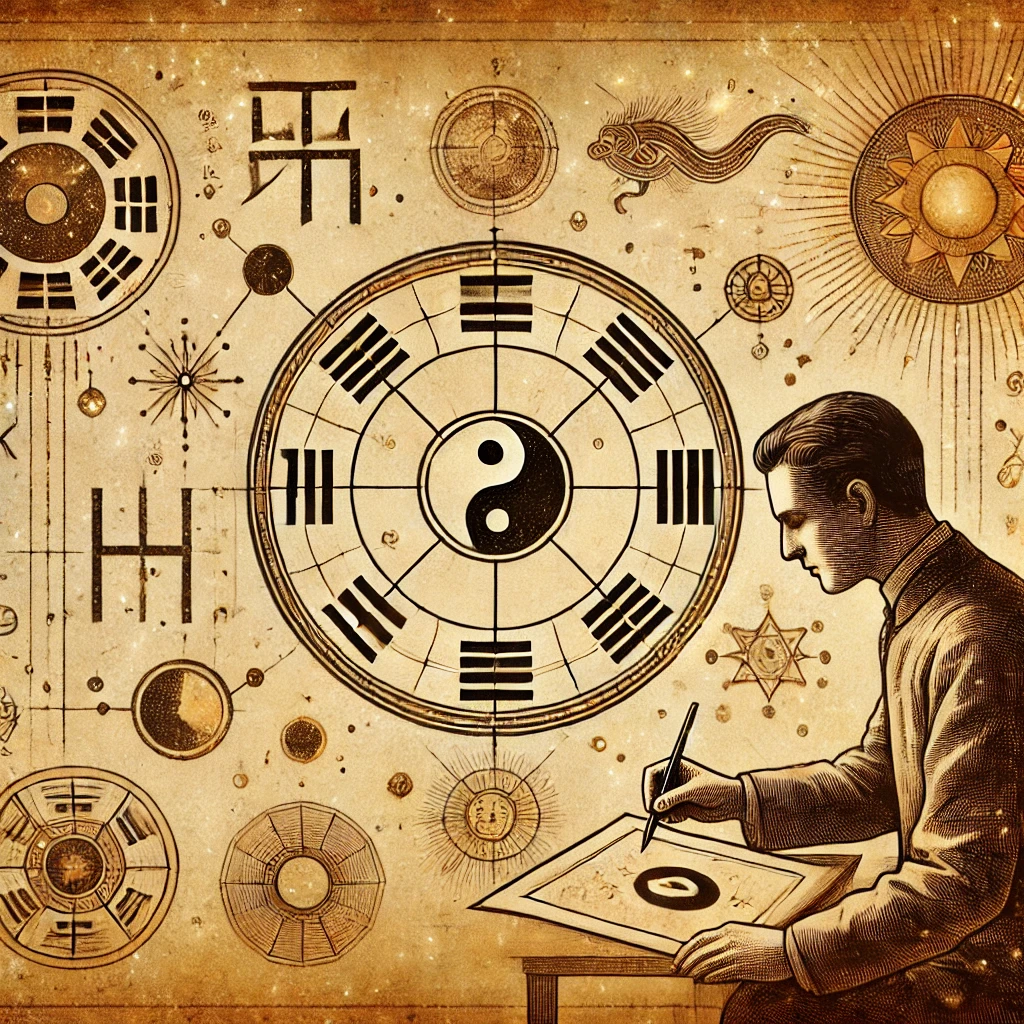
3. Drawing and Interpreting a Hexagram
Once you have your question, draw one of the I Ching’s 64 hexagrams. This process requires a calm, meditative focus, and the hexagram’s message will point you toward a constructive approach. Here are some common hexagrams and their meanings:
- Qian (☰): This moment calls for creative energy and self-confidence. Embrace challenges with boldness.
- Kun (☷): Patience and adaptability are essential. Allow changes to unfold naturally, with wisdom.
- Li (☲): Harmony and balance are crucial now. Move carefully and consider the effect of your actions on those around you.
4. Applying the I Ching’s Message to Daily Life
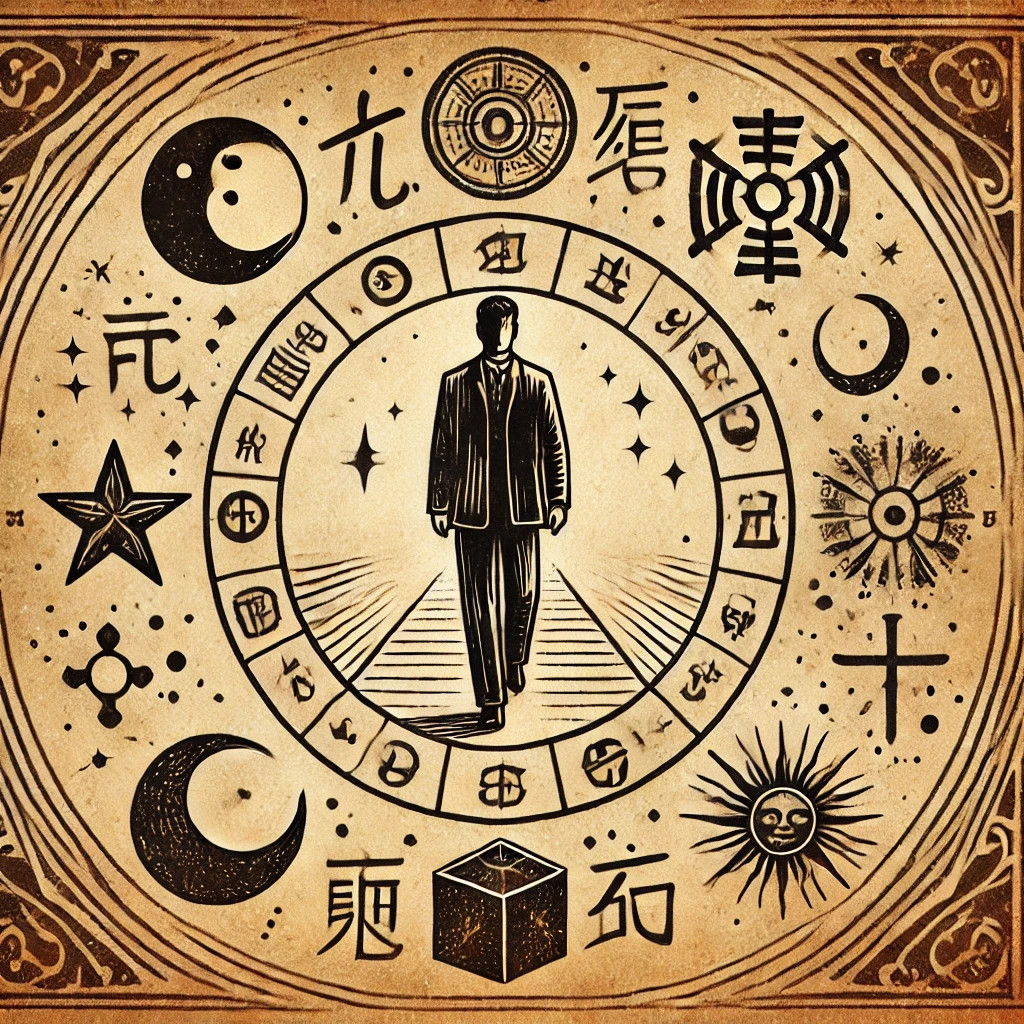
Let the hexagram’s guidance shape your daily actions and choices. For example, if you draw Qian, take new steps forward with confidence. If you draw Kun, focus on accepting your current situation and exercising patience. This approach helps you use the I Ching as more than a divination tool, turning it into a practical compass for everyday life.
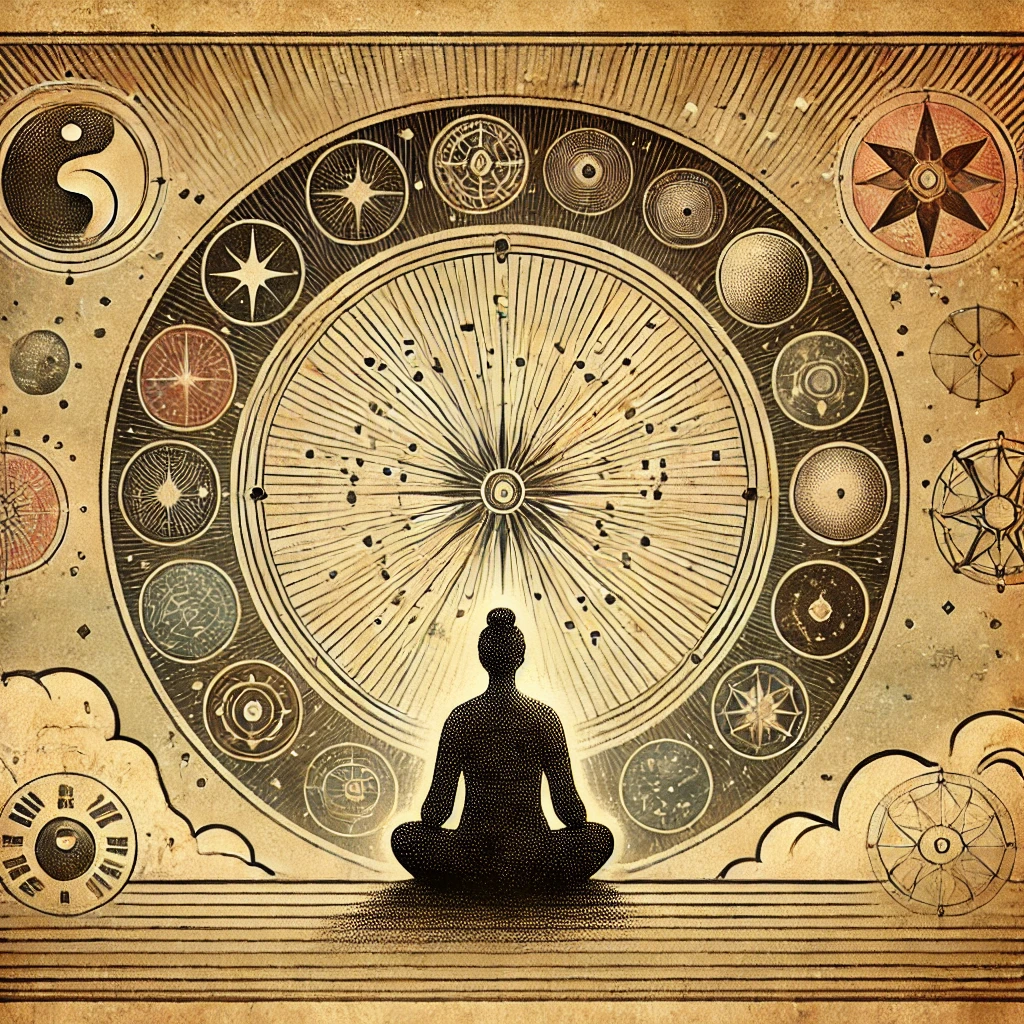
5. Reflect and Prepare for Tomorrow
At the end of the day, take a moment to reflect on how the hexagram’s guidance influenced your decisions and actions. Consider journaling your thoughts on how you might carry this insight forward. This daily reflection builds a habit of self-discovery and personal growth.
Conclusion
The I Ching is a valuable resource for introspection and finding direction in life. It brings ancient wisdom and philosophy to modern contexts, offering an opportunity for self-growth and discovery. By consulting the I Ching with meaningful questions and reflecting on its insights, you can create more purpose and clarity in each day.
